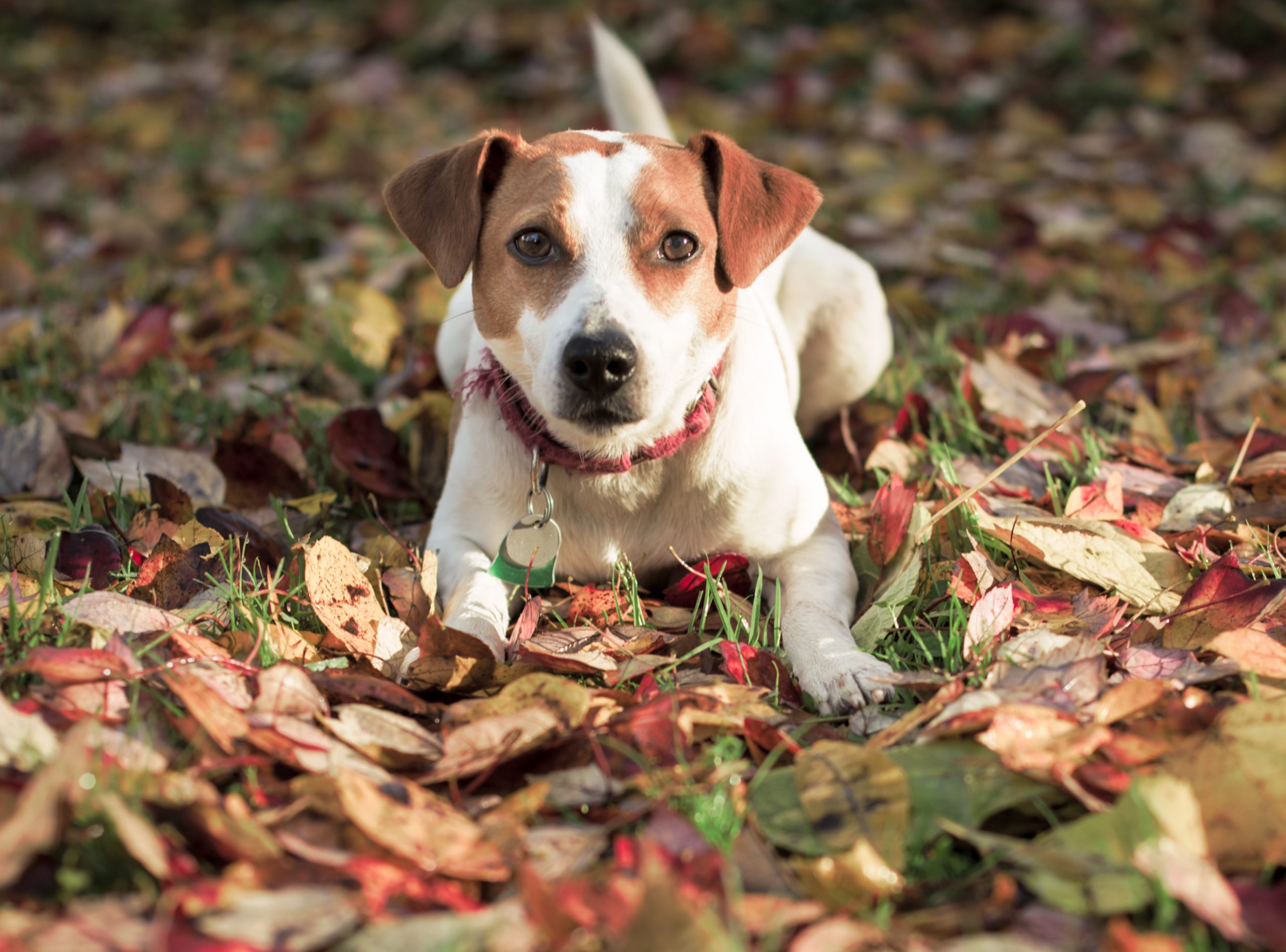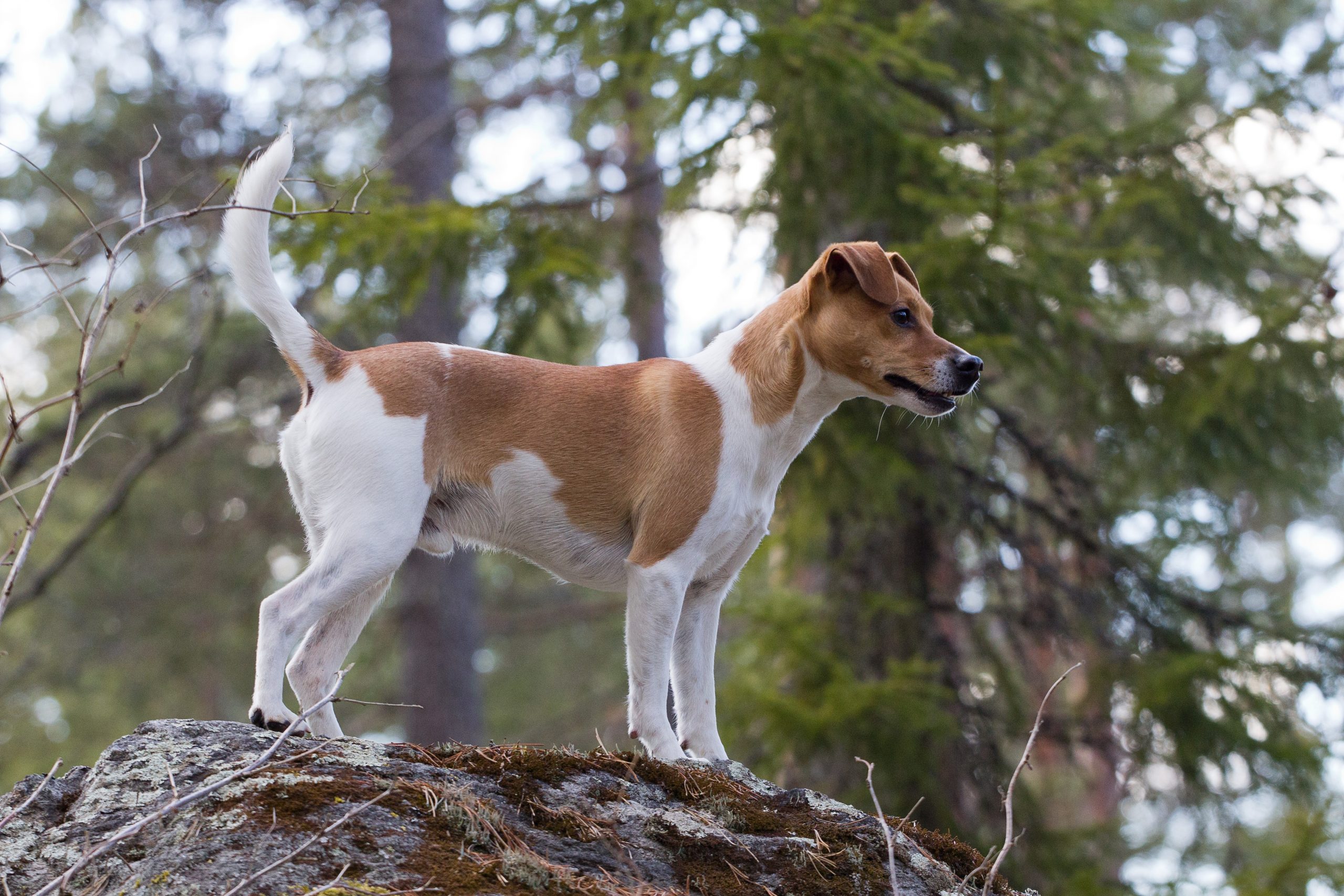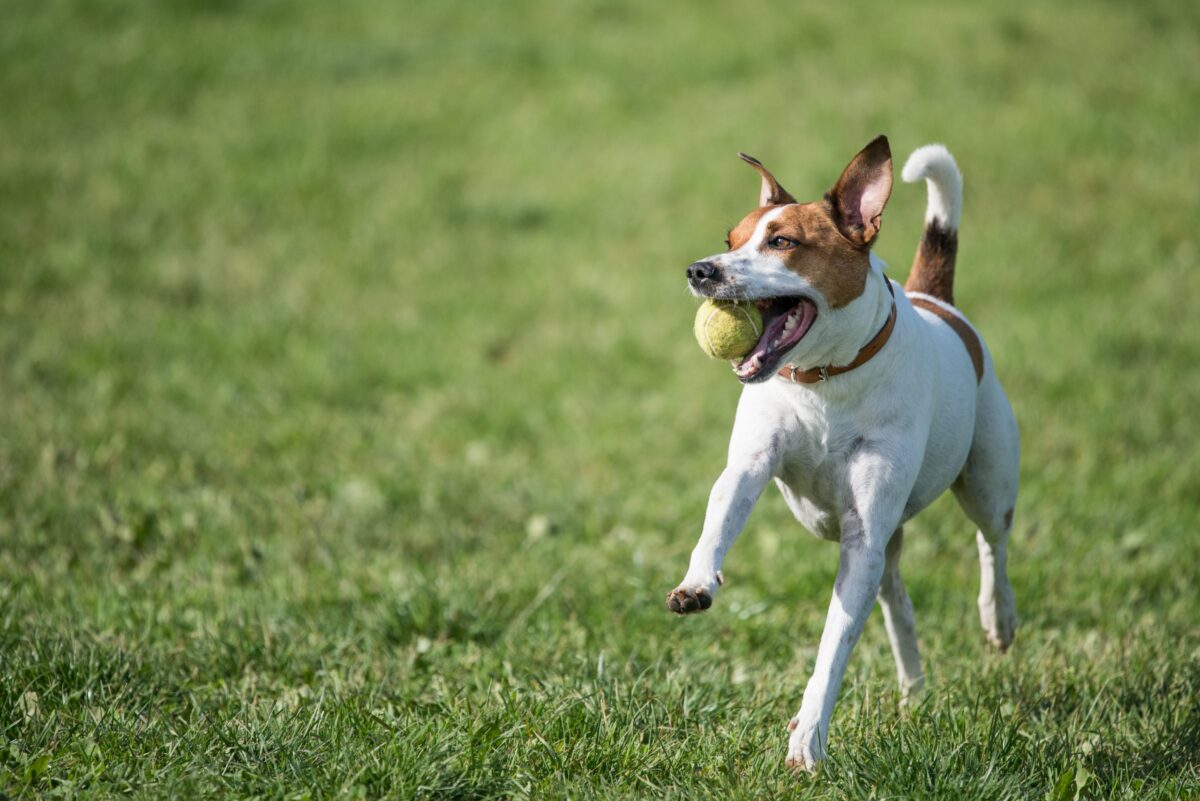Danish-Swedish Farmdog
No products found which match your selection.
Shelter Dog Meal Donation Count:
No products found which match your selection.
The Danish-Swedish Farmdog is a versatile breed, traditionally used on farms for ratting, herding, and as a watchdog. They are highly adaptable and thrive in various environments, making them excellent companions for many households.
Danish-Swedish Farmdogs are agile and robust, bred initially as all-purpose farm dogs for various tasks, including ratting, herding, and watchdog duties.

This breed originates in Denmark and Sweden, where it is commonly found on farms. They are believed to have a long history, although the species was only formally recognized in the late 20th century.




Generally, it is a healthy breed with few genetic health issues. Regular health check-ups are recommended.
Their short coat is easy to maintain. Regular brushing and occasional baths are sufficient.
High energy levels mean they require regular exercise and mental stimulation. Daily walks, play sessions, and agility training are excellent.
Highly intelligent and eager to learn. They respond well to positive reinforcement and require consistent training from an early age.
A balanced diet is essential for their size, age, and activity level. Portion control is critical to prevent obesity.
The Danish-Swedish Farmdog is an excellent breed for active families or individuals looking for a playful, intelligent, and versatile companion. They thrive with adequate exercise, mental stimulation, and love. With proper care, training, and nutrition, a Danish-Swedish Farmdog can be a delightful and loyal addition to any home.
The Danish-Swedish Farmdog is generally a healthy breed with a few health concerns that owners should know. Regular veterinary care and appropriate health testing can help maintain their well-being. Here's a list of common health issues in Danish-Swedish Farmdogs and the recommended tests for these conditions:
Ensuring that Danish-Swedish Farmdogs undergo these health tests can help in the early detection and management of these conditions. Regular veterinary check-ups, a balanced diet, and maintaining a healthy lifestyle, including appropriate exercise, are key factors in promoting the long-term health of Danish-Swedish Farmdogs.
The iHeartDogs Free Rx Discount Card Program is a pet prescription discount card that can help you save money on your furry friend’s medications. The card is free to sign up for, and you can use it at participating pharmacies nationwide. To use the free program, simply show the card to your pharmacist when you pick up your pet’s prescription. The pharmacist will then scan the card, and you will receive a discount on the price of the medication.LEARN MORE
Caring for a Danish-Swedish Farmdog involves various expenses, and the total annual cost can vary based on factors like your location, the dog’s individual health needs, and the level of care you provide. Here’s a general breakdown of the typical expenses involved in caring for a Danish-Swedish Farmdog:
Total Estimated Annual Cost:
$2950 - $6000
It's important to note that these figures are estimates and can vary. Also, the first year of owning a dog can be more expensive due to one-time costs like spaying/neutering, initial vaccinations, and training. Regular budgeting for your dog's needs and an emergency fund for unforeseen costs are essential for responsible pet ownership.